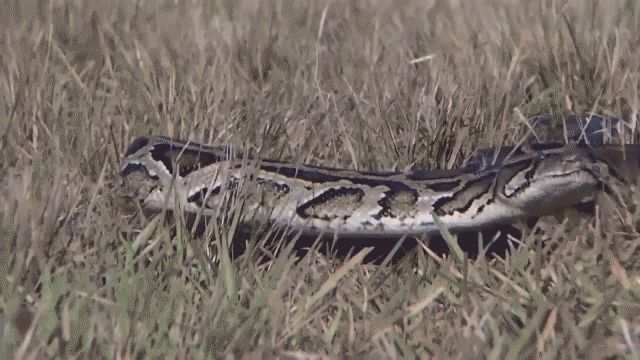BELGRADE, Serbia – Serbia's bid to join the European Union will be strongly tested in elections this weekend that pit ruling pro-Western democrats against nationalists who are promising jobs, economic revival and closer ties with Russia.
Held in the shadows of French and Greek ballots, some seven million voters in Serbia will choose a president, a 250-seat national parliament and local councils — a triple vote held amid deep economic problems, joblessness and widespread discontent over rapidly falling living standards.
Sunday's balloting is key for Serbia's plans to become an EU member, after being an isolated pariah state under late autocrat Slobodan Milosevic in the '90s. It also could determine whether Serbia continues to reconcile with its neighbors, including the former province of Kosovo which declared independence in 2008.
The two leading contenders are Boris Tadic and his pro-EU Democratic Party, and Tomislav Nikolic, whose nationalist Serbian Progressive Party has Russia's support.
A presidential runoff is expected in two weeks as both Tadic — who had been president until he resigned so that all three polls could be held together — and Nikolic are unlikely to get more than 50 percent of the first round vote.
In March, Tadic led Serbia's bid to gain EU candidate status, following the long-awaited arrest of Ratko Mladic and Radovan Karadzic. The wartime Bosnian Serb leaders were turned over to a U.N. tribunal in the Netherlands to face genocide charges for their part in the 1992-95 Bosnian war.
Nikolic, a former ally of Milosevic who lost power in a popular revolt in 2000, has struck a chord with voters for criticizing widespread social injustice and corruption in Serbia, and for promising jobs, financial security and billions of dollars in foreign investments if he and his party win the elections.
Despite occasional outbursts of nationalist rhetoric, the pre-election campaign has mainly focused on the Balkan country's flagging economy that includes a staggering 24 percent unemployment rate and a $30-billion (€23 billion) foreign debt.
"The economy is the most important issue at hand for all the voters, there's no question about that," said Srdjan Bogosavljevic, from Ipsos Stretegic Marketing polling agency. "The economic situation is much worse than people have expected it to be."
Tadic's biggest problem remains the economic downturn and corruption within the ruling elite. Faced with the global financial crisis, which slowed down much needed foreign investments, Tadic's government has seen massive job losses and plummeting living standards.
"People are struggling to survive," says Aleksandar Ristic, a 30-year-old with a small business in the capital of Belgrade. "People are fed up with them all."
Nikolic, who has narrowly lost two earlier presidential votes against Tadic, claims to have shifted from being staunchly anti-Western to pro-EU, and says that he wants Serbia both "in the West and the East."
But hardly anyone in the pro-democratic camp believes that the former far-right politician, who only a few years ago said that he would rather see Serbia become a Russian province than an EU member, has so dramatically shifted his stance.
"We want the EU, it has jobs and investment for us," Nikolic said during his campaign. "But if they say: You can join the EU but Kosovo isn't yours — then thank you and good bye, we have our own road."
All recent polls have suggested that the pro-EU and nationalist camps are virtually neck-and-neck, with Tadic and his democrats slightly trailing, but with bigger negotiating potential to attract smaller parties to form a coalition government.
Tadic has had the support of the Socialists, the party founded by Milosevic, but which has switched to a pro-EU stance.
Polls indicate Nikolic would not be able to come to power without the help of a small conservative party led by former president and prime minister Vojislav Kostunica, which is staunchly anti-EU and seeks close ties with Russia instead.
Though the outgoing Serbian government was pro-Western, Serbia is traditionally an ally of Russia, which supported its opposition to the independence of Kosovo that is considered the cradle of Serbian statehood and religion.
Several other parties and presidential candidates will take part in the elections, but they are considered long shots.
Tadic has urged voters to allow him and his democrats to "finish the job" of restructuring Serbia's economy along EU standards, and continue reconciling with its wartime foes, Bosnia and Croatia.
Tadic has also overseen a more conciliatory stance toward Kosovo than Nikolic, who was in Milosevic's government during a violent crackdown against ethnic Albanian separatists in 1999. Most EU countries and the United States have recognized Kosovo's independence, but not Serbia or Russia.
"We must show that Serbia is a country that wants to join the EU and does not want to quarrel with its neighbors," Tadic said.
___
Associated Press correspondent Dusan Stojanovic contributed.








































